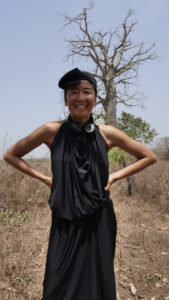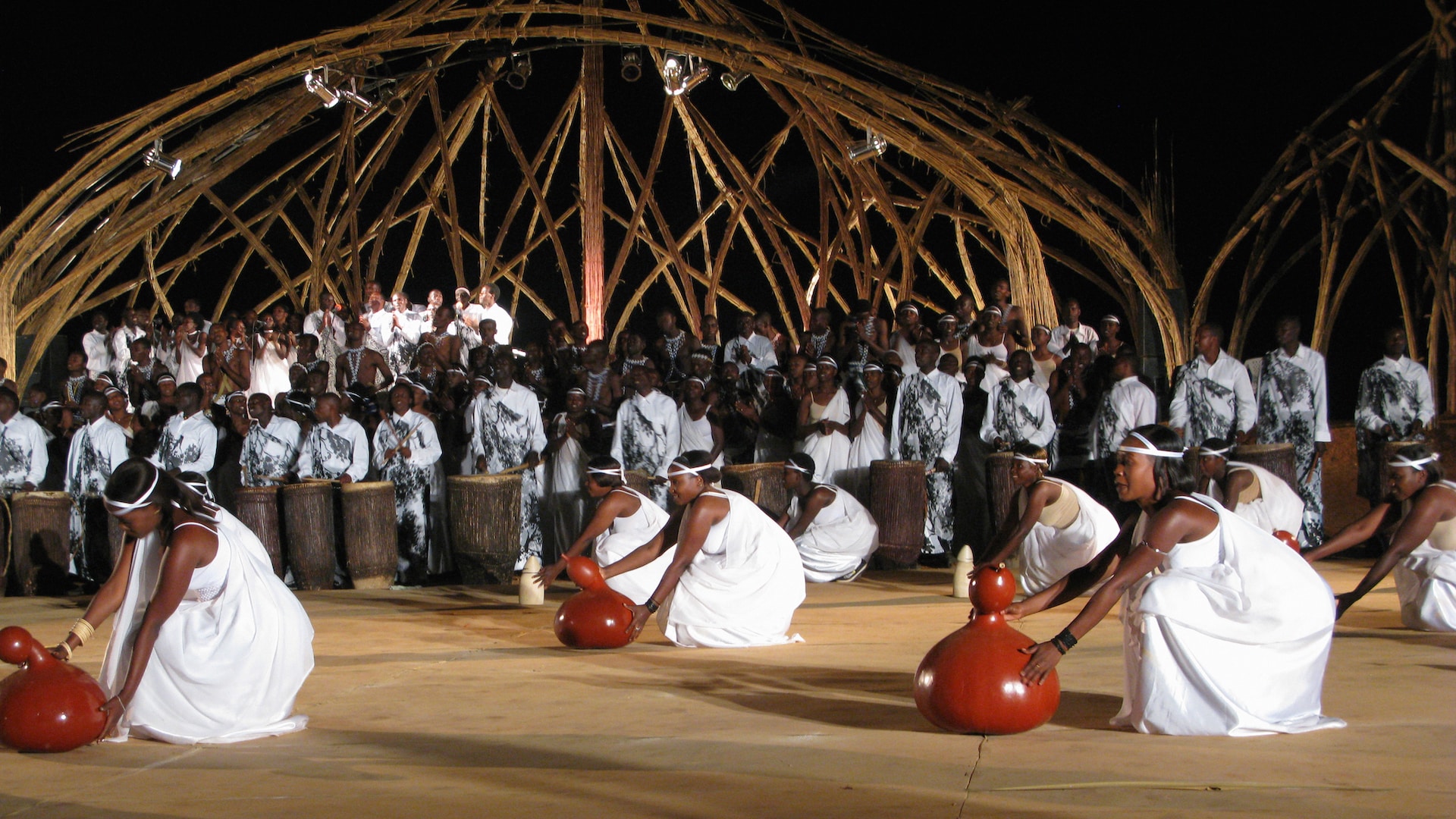Iara Lee

Iara Lee, a Brazilian of Korean descent, is an activist, filmmaker, and founder of the Caipirinha Foundation, which supports projects to secure peace with justice. Iara is currently working on a variety of initiatives, grouped under the umbrella of CULTURES OF RESISTANCE, an activist network that brings together artists and changemakers from around the world. As an activist, Iara has collaborated with numerous grassroots efforts, including the International Campaign to Ban Cluster Munitions, the Conflict Zone FilmFund, and the New York Philharmonic’s groundbreaking 2008 concert in NorthKorea. From 1984 to 1989 Iara was the producer of the Sao Paulo International Film Festival. In 1989 she moved to New York City, where she founded the mixed-media company Caipirinha Productions to explore the synergy of different art forms (such as film, music, architecture, and poetry). Under the banner of Caipirinha Productions, Iara has directed short and feature-length documentaries including SYNTHETIC PLEASURES, MODULATIONS, ARCHITETTURA and BENEATH THE BORQA. She has also organized lectures, photo exhibits, and fundraising events related to these initiatives. Iara Lee is a member of the President’s Council of The International Crisis Group(ICG) and the Council of Advisors of the National Geographic Society, as well as a trustee to the Pyongyang University of Science and Technology (PUST), North Korea’s first and only university whose faculty will be entirely composed of international professors.





